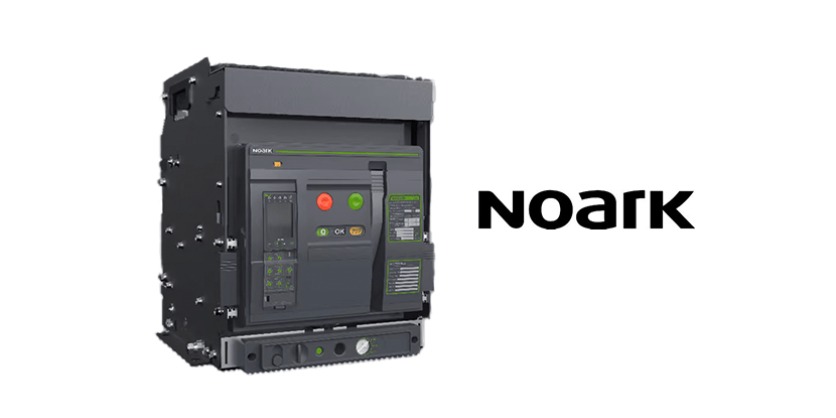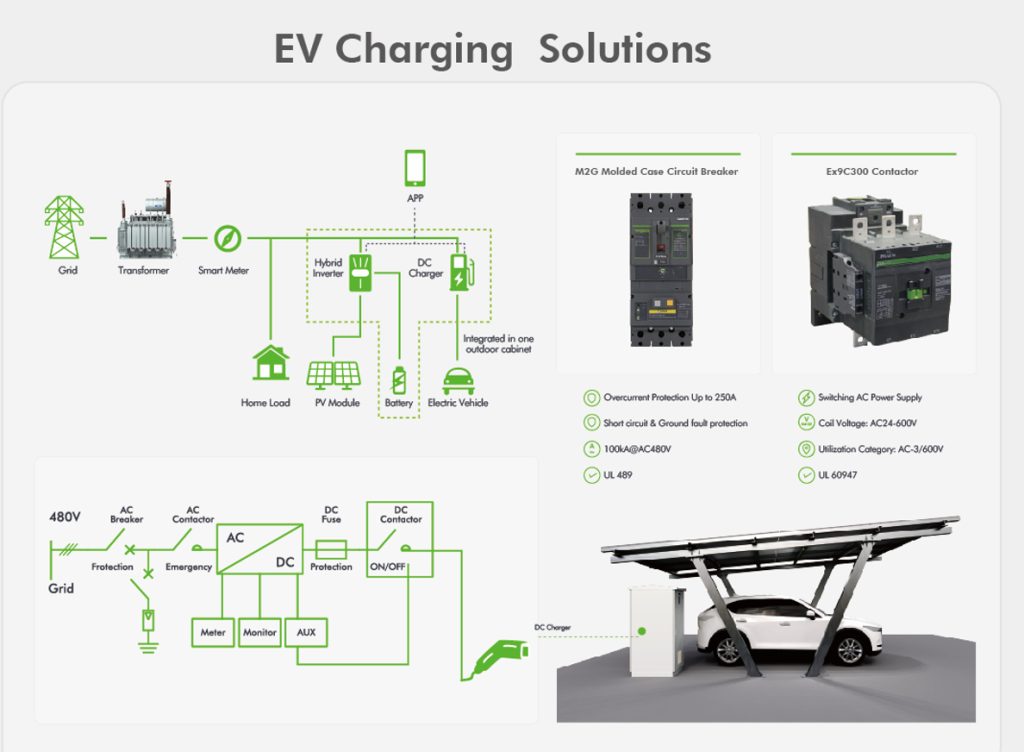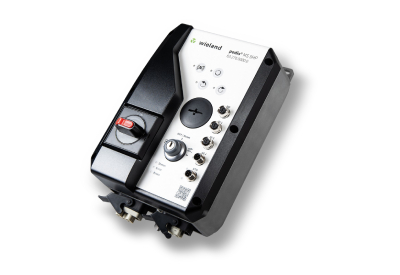Optimizing EV Charging with Advanced MCCBs
September 12, 2024

As the demand for electric vehicles (EVs) continues to surge, the need for reliable and efficient EV charging infrastructure becomes increasingly critical. NOARK Electric is at the forefront of this transformation, offering cutting-edge solutions that optimize EV charging systems. Among these solutions, the M2G Molded Case Circuit Breaker (MCCB) that works in tandem with the Ex9C300 Contactor to enhance safety, efficiency, and reliability in EV charging stations.


These innovations will be part of a line-up of 1500VDC & 800VAC Circuit Protection & Distribution solutions, including the A25 Power Circuit Breaker, prominently featured at the upcoming RE+ event in Anaheim, CA, from September 9-12, where visitors can explore NOARK’s offerings at booth E206.
Ensuring Safety in EV Charging
One of the primary concerns in EV charging is ensuring the safety and protection of both the infrastructure and the end users. The use of ground fault molded case circuit breakers (MCCBs) addresses these concerns by providing robust protection against electrical earth leakages. MCCBs are indispensable in automatically disconnecting EV branch circuits in the event of short circuits and overload faults, preventing potential hazards such as electrical fires.
Specifically designed for Level 2 and Level 3 EV charging installations, NOARK’s MCCBs offer unparalleled safety features that are essential in today’s fast-paced electromobility landscape.
Advanced Design for Enhanced Protection
NOARK’s MCCBs are engineered with both external and internal safety mechanisms that make them ideal for EV charging applications.
External Design Features:
- Environmental Protection: The molded external casing safeguards the internal components from dust, moisture, and other environmental factors, ensuring long-term reliability.
- Impact and Tamper Resistance: The robust design resists physical impact and tampering, providing an additional layer of security.
- Aesthetic Appeal: The sleek design integrates seamlessly into various charging station environments, enhancing the overall visual appeal.
Internal Safety Components:
- Tripping Mechanism: In the event of overcurrent fault, the MCCB’s tripping mechanism promptly disconnects the circuit, preventing damage to the EV charger and associated equipment.
- Arc Chute Technology: This feature extinguishes arcs that may form during tripping, minimizing the risk of fire and equipment damage.
- Early Ground Fault Detection: By detecting ground faults early, the MCCB prevents potential electrical fires and ensures the safety and integrity of the EV charging system.
Unique Features & Benefits for EV Charging
NOARK’s MCCBs are designed with the needs of modern EV charging systems in mind, offering several key benefits:
- Compact Size: The compact design allows for easier installation and maintenance, maximizing space for additional components or accessories.
- Super-Fast Reaction Time: MCCBs interrupt faults in milliseconds typically before the fault current reaches its prospective peak, providing immediate protection against short circuit currents.
- Adjustable Trip Settings: Electricians can customize the trip settings to match the specific requirements of smart EV chargers, ensuring optimal protection and system harmony.
Discover More with NOARK
For those looking to enhance their EV charging infrastructure, NOARK offers a range of innovative solutions designed to meet the demands of the evolving electromobility market.
For more information, please visit na.noark-electric.com
Related Story
Practical Applications for Noark’s Molded Case Circuit Breakers
If your business is looking for ways to manage overcurrent faults in your electrical systems, Noark Electric’s Molded Case Circuit Breakers (MCCBs) are the perfect product solution.
It is a requirement in electrical distribution systems to have Molded Case Circuit Breakers (MCCB), as they provide both overload protection as well as short-circuit protection. The main power distribution board (MPDB) of a facility is usually equipped with MCCBs, which allows for protection, coordination, associated control, isolation, and shutdown of the entire system in the case of an emergency.




